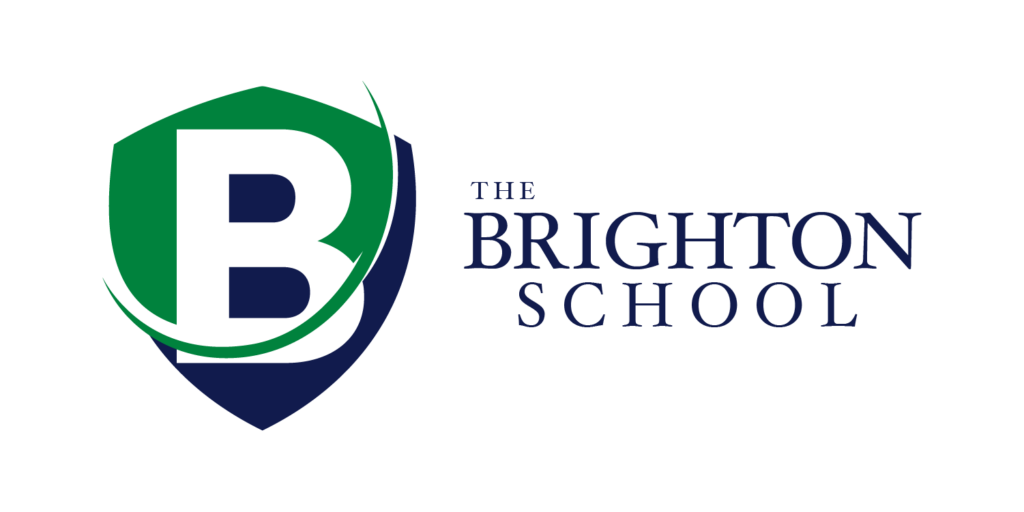
Think your child might be dyslexic? Summer is a great time for an evaluation [Sponsored]
Sponsored by The Brighton School
Letter reversals at an early age are common and can be corrected, but for one in five people, it may be a sign of dyslexia. According to the International Dyslexia Association, “Dyslexia is a neurobiological disorder characterized by difficulties with accurate and/or fluent word recognition and by poor spelling and decoding abilities….resulting from a deficit in the phonological component of language…unexpected in relation to other cognitive abilities and the provision of effective classroom instruction.”
Cheryl Ollman, principal of The Brighton School, explains that dyslexia is not a vision problem and dyslexics have average to above-average intelligence. Differences in the brain require systematic and structured instruction. Only evidence-based, systematic and explicit instruction will make a difference. Retention will never help a dyslexic child, she says.
Dyslexic students learn best when there is an integration of visual, auditory, kinesthetic and tactile pathways to the brain. A sound therapy program incorporates multisensory learning in its instruction. The Brighton School is the only school in the region offering four proven therapeutic programs to its students—Phonics First, Structures, Association Method and Alphabetic Phonics. Students receive an hour of reading therapy daily with certified academic language practitioners and therapists. Instruction is multisensory, direct, focused, systematic and cumulative. The program best suited for each child can be pinpointed so maximum gains can be achieved.
 The Brighton School can help families if there is a concern their child might be dyslexic. Brighton conducts free dyslexia screenings for students 5.5 years old to age 16. The screening will highlight any areas of concern that may point to possible dyslexia. Once a screening is done, Brighton can help identify an educational psychologist who would conduct an in-depth and thorough evaluation of the child’s cognitive abilities. The evaluation has a wealth of information about the many skills required in strong readers.
The Brighton School can help families if there is a concern their child might be dyslexic. Brighton conducts free dyslexia screenings for students 5.5 years old to age 16. The screening will highlight any areas of concern that may point to possible dyslexia. Once a screening is done, Brighton can help identify an educational psychologist who would conduct an in-depth and thorough evaluation of the child’s cognitive abilities. The evaluation has a wealth of information about the many skills required in strong readers.
Summertime presents a perfect opportunity to obtain an educational evaluation. Armed with new information about his/her child, parents can be proactive and meet with the school administration and teacher to review the outcome of the evaluation and determine instructional goals for the coming year, as well as identify the accommodations necessary to support the child’s learning. Having a current evaluation may also lead the parent to seek out a certified academic language therapist or practitioner to tutor his/her student while school is out. Summer tutoring in a one-on-one setting can set the stage for intensive instruction and substantive growth before the start of a new school year.
To arrange a dyslexia screening, contact Brighton’s Director of Reading Therapy and Testing, Theresa Hastings, at 225.291.2524 or by email at [email protected]. Parents can also schedule a tour of the Brighton campus with Angelle High, Director of Enrollment at 225.291.2524 Ext. 511 or by email at [email protected].

